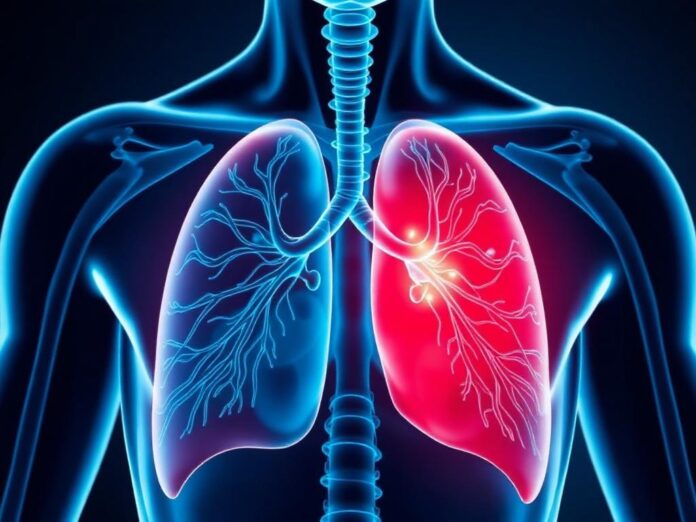How Can Steroid Use Lead to Respiratory Failure?
Steroids are extensively used in remedy and trimming and are frequently seen as a double-whetted brand. While their remedial value is inarguable, abuse or habitual use can lead to serious side goods, including respiratory failure. This composition delves into the relationship between steroid use and its implicit for respiratory failure, discharging the mechanisms and furnishing perceptivity into forestallment.
Understanding Steroids and Their Impact
Steroids fall into two groups: corticosteroids and anabolic steroids. Although corticosteroids are used for conditions such as asthma, arthritis, and autoimmune disorders, anabolic steroids are commonly used to build muscle but can affect breathing if misused or taken without medical supervision health negatively.
Corticosteroids and Respiratory Function
Corticosteroids are anti-inflammatory medicines that suppress the vulnerable system. While useful for respiratory issues similar to asthma, long-term use can weaken the vulnerable system, making it more susceptible to infections similar to pneumonia is increased which in turn may escalate to respiratory failure. Read more: What Causes Throat Cancer: Throat cancer – Symptoms and causes
Anabolic Steroids and Breathing Issues
Anabolic steroids, which are constantly abused due to their muscle-enhancing parcels, can laterally harm the respiratory system. These steroids increase the threat of cardiovascular complications similar to high blood pressure and stroke, which can reduce oxygen delivery to vital organs, leading to respiratory problems.
Mechanisms Linking Steroid Use to Respiratory Failure
- Weakened Immune Response: Long-term use of corticosteroids suppresses the immune system, making the lungs more vulnerable to infections.
- Fluid Retention: Steroids can cause fluid retention, leading to pulmonary edema, a condition where excess fluid accumulates in the lungs, impairing breathing.
- Muscle Weakness: Prolonged steroid use may result in myopathy, weakening respiratory muscles and compromising breathing efficiency.
- Cardiovascular Strain: Anabolic steroids increase the risk of heart-related issues, indirectly causing respiratory failure by reducing oxygen transport.
- Endocrine Disruption: Steroid use can disrupt natural hormone production, leading to imbalances that exacerbate respiratory issues.
Recognizing the Warning Signs
Early detection is crucial for preventing severe outcomes. Common symptoms indicating respiratory complications from steroid use include:
- Shortness of breath
- Chronic cough
- Chest tightness
- Fatigue
- Blue-tinged skin (cyanosis)
Preventing Respiratory Failure from Steroid Use
- Follow Medical Advice: Always use steroids as prescribed by a healthcare professional.
- Limit Duration: Avoid prolonged use unless medically necessary.
- Regular Monitoring: Routine check-ups can help detect side effects early.
- Lifestyle Modifications: Maintain a balanced diet, exercise regularly, and avoid smoking to support lung health.
- Awareness: Understand the risks associated with steroid misuse and educate others about its potential consequences.
Conclusion
While steroid use is salutary for certain medical conditions, it poses significant pitfalls when abused or taken without proper medical supervision. The association between long-term steroid use and respiratory failure emphasizes the significance of caution and knowledge. By fetching warning signs beforehand, following specified guidelines, and maintaining a healthy life can reduce the threat of serious respiratory complications Raising mindfulness of these pitfalls and educating the public can further help abuse, ensure responsible use of steroids, and maximize benefits while minimizing damages.
FAQs
- What are the common side effects of steroids on respiratory health?
- They include increased risk of infections, fluid retention, and weakened respiratory muscles.
- Can anabolic steroids directly cause respiratory failure?
- Indirectly, yes. They increase cardiovascular risks that can impair respiratory function.
- Are there safer alternatives to steroids for managing inflammation?
- Yes, non-steroidal anti-inflammatory drugs (NSAIDs) and other therapies may be considered.
- How can I minimize the risks of steroids affecting my lungs?
- Use them under medical supervision, limit usage duration, and adopt a healthy lifestyle.
- What should I do if I experience breathing problems while on steroids?
- Seek immediate medical attention to avoid complications.








